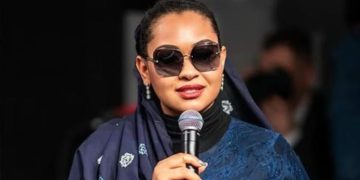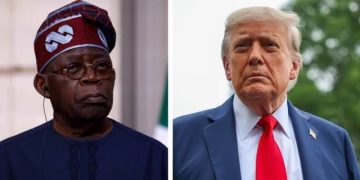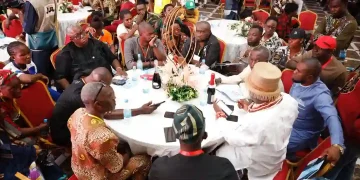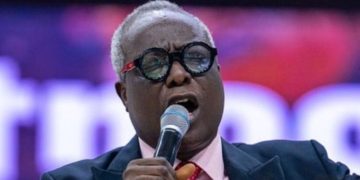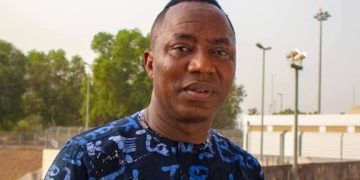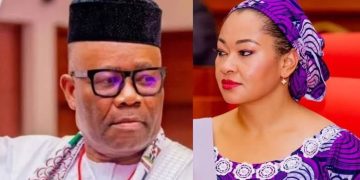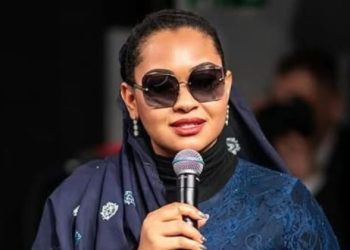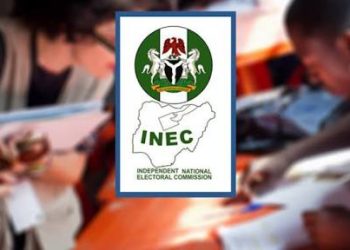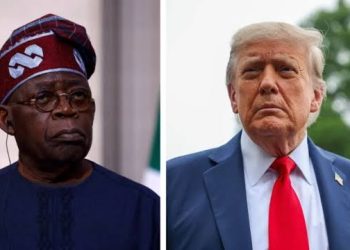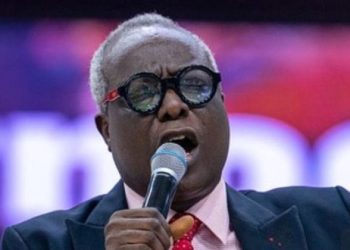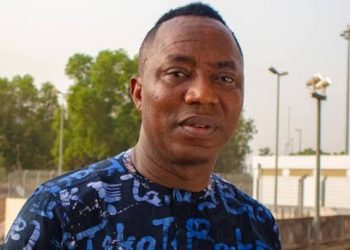A journalist in Kebbi State faces detention after releasing footage that revealed substandard conditions at a government hospital, prompting widespread condemnation from civil rights groups and opposition leaders.
Hassan Mai-Waya Kangiwa was arrested Sunday night following the viral circulation of video evidence showing an elderly patient lying on a bare metal bed frame without a mattress at Kangiwa General Hospital. The disturbing imagery drew public criticism and raised fresh concerns about healthcare quality in the northern Nigerian state.
Instead of addressing the healthcare deficiencies documented in the footage, Governor Nasir Idris authorized Kangiwa’s arrest. Security personnel reportedly raided the journalist’s home in Kangiwa town, seizing his mobile devices and professional equipment while family members looked on.
The detention has triggered strong opposition from multiple quarters. Daure David, a People’s Democratic Party National Youth Leader candidate, characterized the arrest as “an assault on accountability and transparency” and called for Kangiwa’s immediate release.
The PDP Northern Minorities Consultative Forum denounced the action as authoritarian overreach. Forum spokesperson Jessy Mallums criticized Governor Idris, stating that “a fake comrade who detains journalists for exposing government failures should not be tolerated.”
Social media users have rallied behind the journalist using the hashtag #FreeHassanKangiwaNow, with many resharing the original hospital footage and demanding accountability. Neither the Kebbi State Government nor local police have released official statements regarding the arrest or potential charges.
International and domestic human rights organizations have expressed alarm over the incident. Amnesty International and Human Rights Watch cautioned that such arrests create a hostile environment for journalists throughout Nigeria and threaten citizens’ access to information. The Media Rights Agenda has urged global human rights bodies to monitor the case and ensure government accountability.
The controversy highlights broader questions about governmental transparency, press freedom protections, and the treatment of those who expose official misconduct in Nigeria’s democratic system.

Folami David is a dynamic journalist who views the world through an analytical lens, translating complex narratives across multiple industries into compelling stories. With an insatiable appetite for information and a keen eye for emerging trends, Folami specializes in uncovering the interconnections between technology, business, culture, and society.

